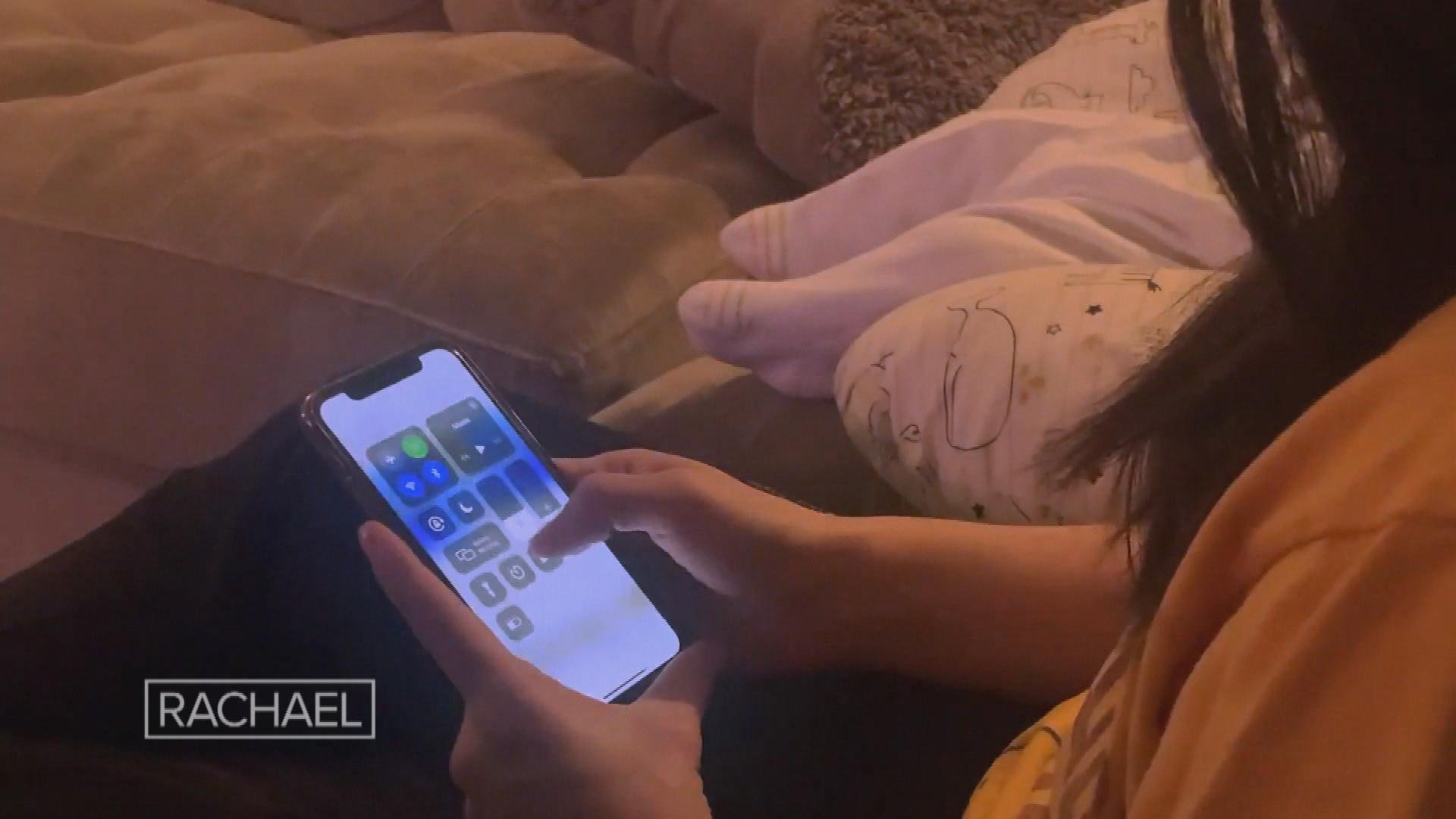

The Research-Backed + PRACTICAL Dos and Don'ts of Sleep From a S…

Q&A with Organizational Pro Peter Walsh + Dermatologist Shares A…

Actor Hank Azaria + Freezer Meals + Artichokes 2 Ways with Rach

See Inside Barbara Corcoran's Stunning NY Apartment + It's Steak…

How to Make Chicken and Lobster Piccata | Richard Blais

Donnie Wahlberg Spills Details About NKOTB's First Ever Conventi…

Donnie Wahlberg + Jenny McCarthy Say Rach Is Such a "Joy" + Look…

The Best Moments From 17 Seasons of the Show Will Make You Laugh…

How to Make Crabby Carbonara | Rachael Ray

Rach Chats "Firsts" In Flashback From Our First Episode Ever In …

How to Make Apple-Cider Braised Pork Chop Sandwiches with Onion …

Rach's Chef Pals Say Goodbye to Show in Surprise Video Message

How to Make Sesame Cookies | Buddy Valastro

How to Make Tortilla with Potatoes, Piquillo Peppers and Mancheg…

How to Make Shrimp Burgers | Jacques Pepin

How to Make Spanakopipasta | Rachael Ray

Andrew McCarthy Chokes Up Discussing Emotional Trip to Spain wit…

Celebrity Guests Send Farewell Messages After 17 Seasons of the …

Celebrity Guests Send Farewell Messages After 17 Seasons of the …

Andrew McCarthy Teases Upcoming "Brat Pack" Reunion Special

Michelle Obama Toasts Rach's 17 Years on the Air With a Heartfel…
Each product has been independently selected by our editorial team. We may receive commissions from some links to products on this page. Promotions are subject to availability and retailer terms.
Have trouble falling asleep or staying asleep at night? So does Rach—and over 70 million other people in the United States—so you're definitely not alone.
Diane Macedo—ABC News anchor and author of The Sleep Fix—was one of these people, too, until she started implementing these research-backed dos and don'ts of sleep. She reveals exactly what works and what doesn't when it comes to getting a good night's rest. "I made all of the mistakes so you don't have to," says Diane.
SLEEP DOs
DO have a consistent wake time and bright light first thing in the morning. "Getting that bright light at the same time every morning helps to tell your biological clock that it's wake time, which helps to ensure that you get wake signals at the right time and sleep signals at the right time," explains Diane.
DO a screentime scrub. Towards the evening, Diane lowers the brightness and the blue light levels on her various screens. She also tries to sit a good distance away from those screens. "More importantly, choose passive activities whenever possible like watching a TV show rather than ... responding to emails," Diane explains.
DO change your devices' color filter to grayscale. This one is Diane's favorite screen hack when you're nearing bedtime. "This makes the screen black and white, which makes it much less addictive, so you're less likely to be scrolling and scrolling hours past your bedtime," says Diane.
DO check in with yourself. "If you feel like you have to nap all day and you're dozing off in waiting rooms, something is wrong. Either you're not spending enough time in bed or something is disrupting your sleep while you're there," Diane says. "On the flip side, if you find you feel fine all day and your energy levels are good then you're probably getting enough sleep if it's not eight hours."
SLEEP DON'Ts
DON'T sleep in. "If you have a bad night, you might think it's good to get a little extra sleep during the day, but that depletes your sleep drive, which makes it harder to sleep again the next night," says Diane. "It also delays your body clock, which makes you want to naturally fall asleep and wake up later and later."
DON'T try to force 8 hours of sleep. "If you try to force that you end up fragmenting your sleep and giving yourself insomnia. And on the flip side, a lot of people have sleep disorders and assume that they don't because they get the recommended eight hours of sleep, not realizing that their sleep is disrupted all night long," explains Diane. So remember that everyone is different when it comes to the amount of sleep they require.
DON'T rush to quit caffeine, BUT... "Sleep clinicians tell me caffeine is almost never the culprit in long term sleep problems. But if you're going to have caffeine, DO have it a little later in the morning instead of as soon as you wake up—because one of the main functions of caffeine is to block the sleep chemical adenosine, and your adenosine levels are at their lowest first thing in the morning. So, experts say that caffeine will be more effective if you can wait at least 90 minutes after waking up before consuming it. Then maybe you'll need less of it," Diane says.


